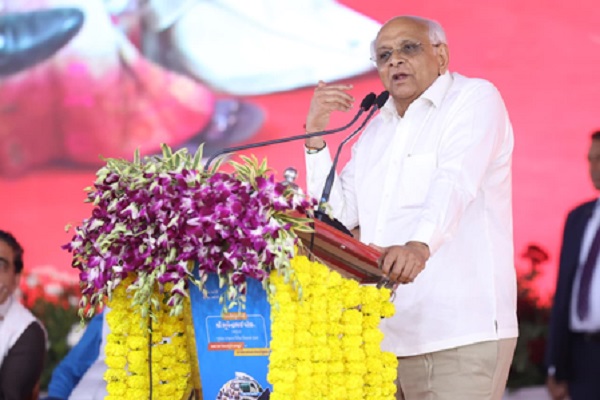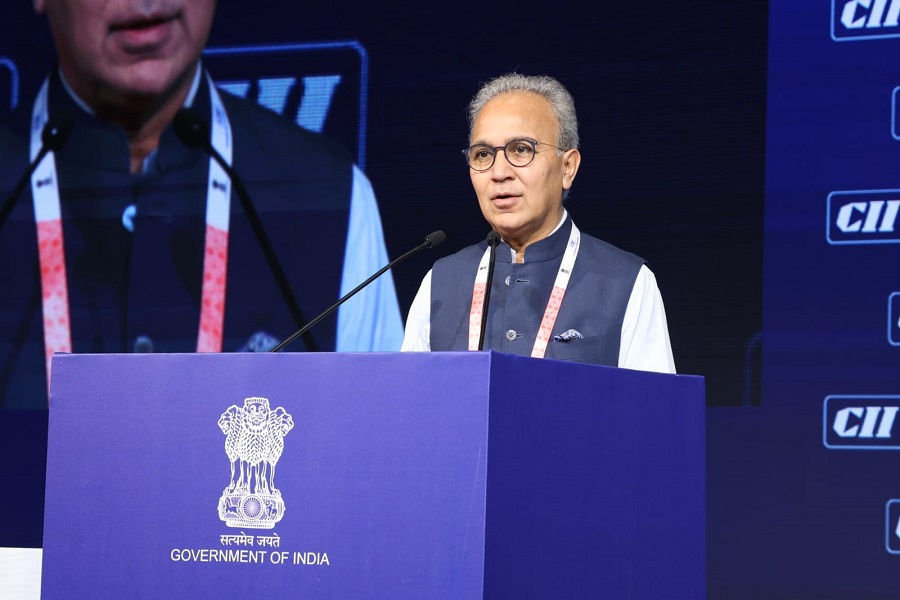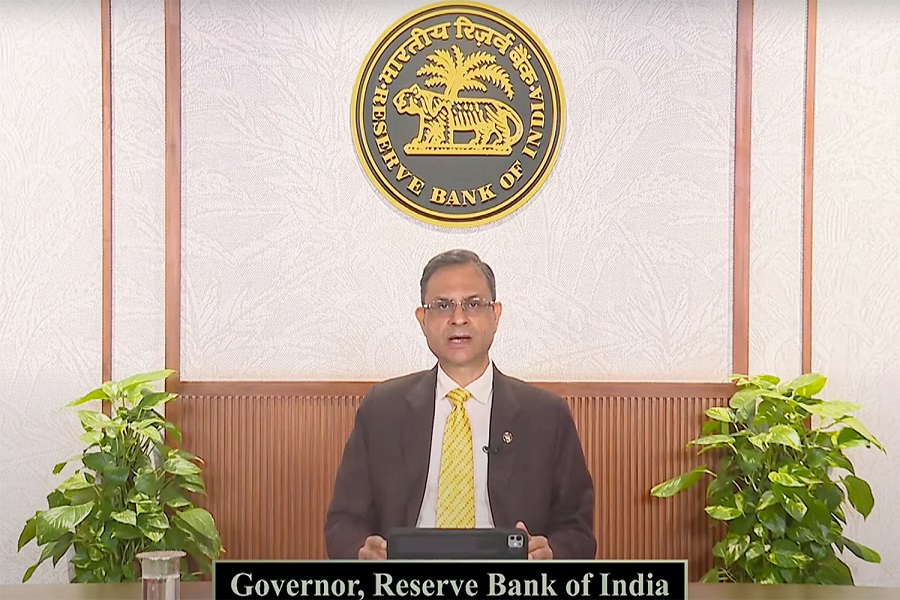Economic Survey: Non-farm sectors to play important role in job generation

The Economic Survey 2023-24 has brought out the importance of non-farm sectors in the growth trajectory of the Indian economy.
The farm sector always remains high on the political agenda for obvious reasons and hence the non-farm sector often has to take a back seat.
However, the Economic Survey 2023-24 notes that the Indian economy needs to generate an average of nearly 78.5 lakh jobs annually until 2030 in the non-farm sector to cater to the rising workforce.
The Survey mentions that there is a scope to supplement the existing schemes of Production Linked Incentive (60 lakh employment generation over 5 years), MITRA Textile scheme (20 lakh employment generation), MUDRA, etc., while boosting their implementation.
Gig Economy
Incidentally, gig economy seems to have emerged as a front-runner for creating employment opportunities in the non-farm sector.
According to NITI Aayog’s indicative estimates based on national labour force survey data, in 2020–21, 77 lakh workers were engaged in gig economy, and as per the Economic Survey 2023-24, the gig workforce is expected to expand to 2.35 crore and form 6.7 per cent of the non-agricultural workforce or 4.1 per cent of the total livelihood in India by 2029-30.
In this context, it is important to develop a social security mechanism for this new workforce. More importantly, there is an urgent need to upgrade the skills of gig workers so that there is a continuous upward move in this sector.
Gig workers are largely semi-skilled or unskilled workers. Their skills upgradation would ensure that there is an upward mobile workforce, a healthy sign for any economy.
Rise of Corporates
The good news is that India’s corporate sector’s profitability was at a 15-year high in FY24 with profits quadrupling between FY20 and FY23. The Economic Survey mentions that businesses have an obligation to strike the right balance between the deployment of capital and the deployment of labour.
“In their fascination for AI and fear of erosion of competitiveness, businesses have to bear in mind their responsibility for employment generation and the consequent impact on social stability,” says the Survey.
Artificial Intelligence
The Economic Survey also indicated that the Modi government is seized of the fact that AI is a double-edged sword and one needs to utilise it properly before it gets too late.
It is also a great disruptor. Highlighting the need for research and development in this sector, the Economic Survey 2023-24 mentions a policy brief that suggests a need for an inter-agency coordination authority for AI which would act as a central institution guiding the research, decision-making, and policy planning on AI, and job creation.
The government has launched several initiatives to ensure an AI-enabled ecosystem and to connect AI to the youth of the country. Some of these include ‘Future Skills Prime’, a national programme for school students titled ‘YUVAi’ (Youth for Unnati and Vikas with AI), and ‘Responsible AI for Youth 2022’.
A budget of Rs 10,300 crore has been provided in 2024 for the India AI Mission, a significant move to strengthen the AI ecosystem.
Services Sector
According to the Economic Survey, the services sector continues to be a significant contributor to India’s growth, accounting for about 55 per cent of the total size of the economy in FY24.
As per the provisional estimates, the services sector is estimated to have grown 7.6 per cent in FY24. The gross GST collection reached Rs 20.18 lakh crore in FY24, marking 11.7 per cent increase from the previous year, underscoring robust domestic trading activity.
Business activity in the services sector in the country transcended the obstacles of the pandemic and other disruptions worldwide.
In March 2024, the services Purchase Manager Index (PMI) soared to 61.2, marking one of the sector's most significant sales and business activity expansions in nearly 14 years.
Post-pandemic, services exports have maintained a steady momentum and accounted for 44 per cent of India’s total exports in FY24, the Survey notes.
India ranked fifth in services exports, with other countries being the European Union (excluding intra-EU trade), the United States, the United Kingdom, and China.
India’s growing reputation as the preferred destination for Global Capability Centres (GCCs) by multinational corporations has significantly boosted software and business services exports.
India's share in digitally delivered services exports globally increased to 6 per cent in 2023 from 4.4 per cent in 2019. This rise in services exports, coupled with a fall in imports, led to an increase in net services receipts on a YoY basis during FY24, which helped cushion India’s current account deficit.
There are multiple reasons for this growth, including significant domestic demand, rapid urbanisation, expansion of e-commerce platforms generated heightened requirements for logistics, and digital-related services.
It is important to note that the government has played a crucial role in fostering the growth and competitiveness of India’s services by creating an enabling environment, promoting investment, enhancing skills, and facilitating market access.
(Singapore-based Indian entrepreneur Deepshikha Kumar is the founder-director of SpeakIn. The views expressed are personal)










Tag News

Reaction Quote on Budget 2026 by Amit Nigam, Executive Director & CEO, FindiBANKIT













